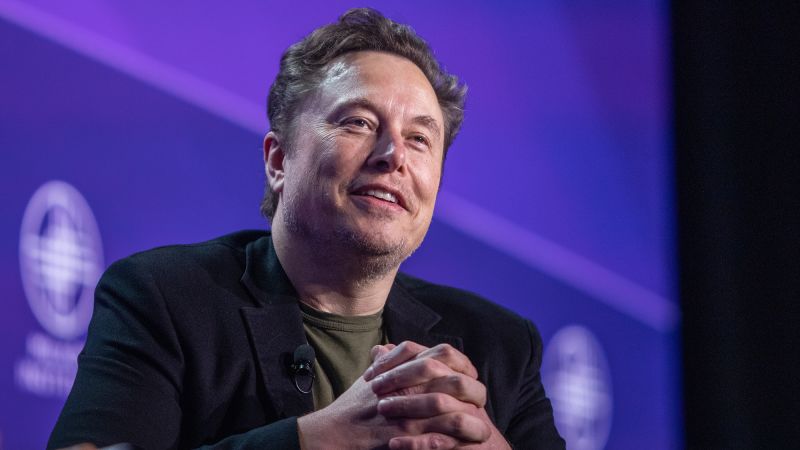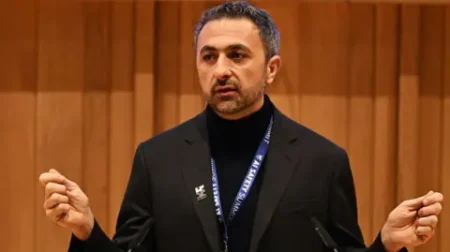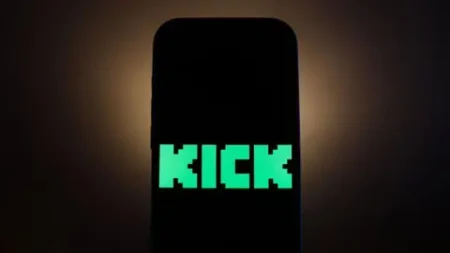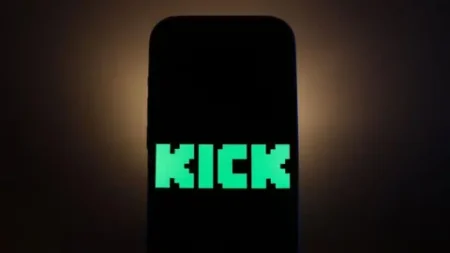In a shocking turn of events, Tesla CEO Elon Musk has expressed his discontent with Apple’s recent partnership with ChatGPT creator OpenAI. Musk threatened to ban Apple devices at his companies, including SpaceX and X, if Apple proceeded with its AI plans unveiled on Monday.
Musk was quoted saying, “If Apple ‘integrates OpenAI at the (operating system) level,’ that would constitute ‘an unacceptable security violation.'” He even went as far as stating that visitors would have to check their Apple devices at the door, where they would be stored in a Faraday cage to block electromagnetic waves crucial to communications.
Following Apple’s announcement of its partnership with OpenAI at the Worldwide Developers Conference, OpenAI President Greg Brockman revealed that ChatGPT would be integrated into Apple’s operating systems for iPhones, iPads, and Mac computers.
Interestingly, Musk, who co-founded OpenAI in 2015, now operates a rival firm called xAI. He has a tense relationship with OpenAI and its CEO Sam Altman, even filing a lawsuit against them for allegedly breaching OpenAI’s founding agreement.
As tensions escalate, it remains unclear whether Musk will follow through with the ban on Apple devices, or even extend it to include other competitors like Google and Samsung, who have also integrated new AI features into their products.
Despite the controversy, some experts believe Apple’s AI approach is more privacy-conscious compared to its rivals. Catherine Flick, a professor of ethics and games technology, noted that Apple’s aim to process data on the device and seek explicit user consent before sending information to OpenAI is a step in the right direction.
Overall, Apple’s partnership with OpenAI could potentially propel the tech giant forward in the AI space, closing the innovation gap and setting the stage for future development at lower costs. As the saga unfolds, the tech world eagerly awaits the outcome of this clash between industry giants.











